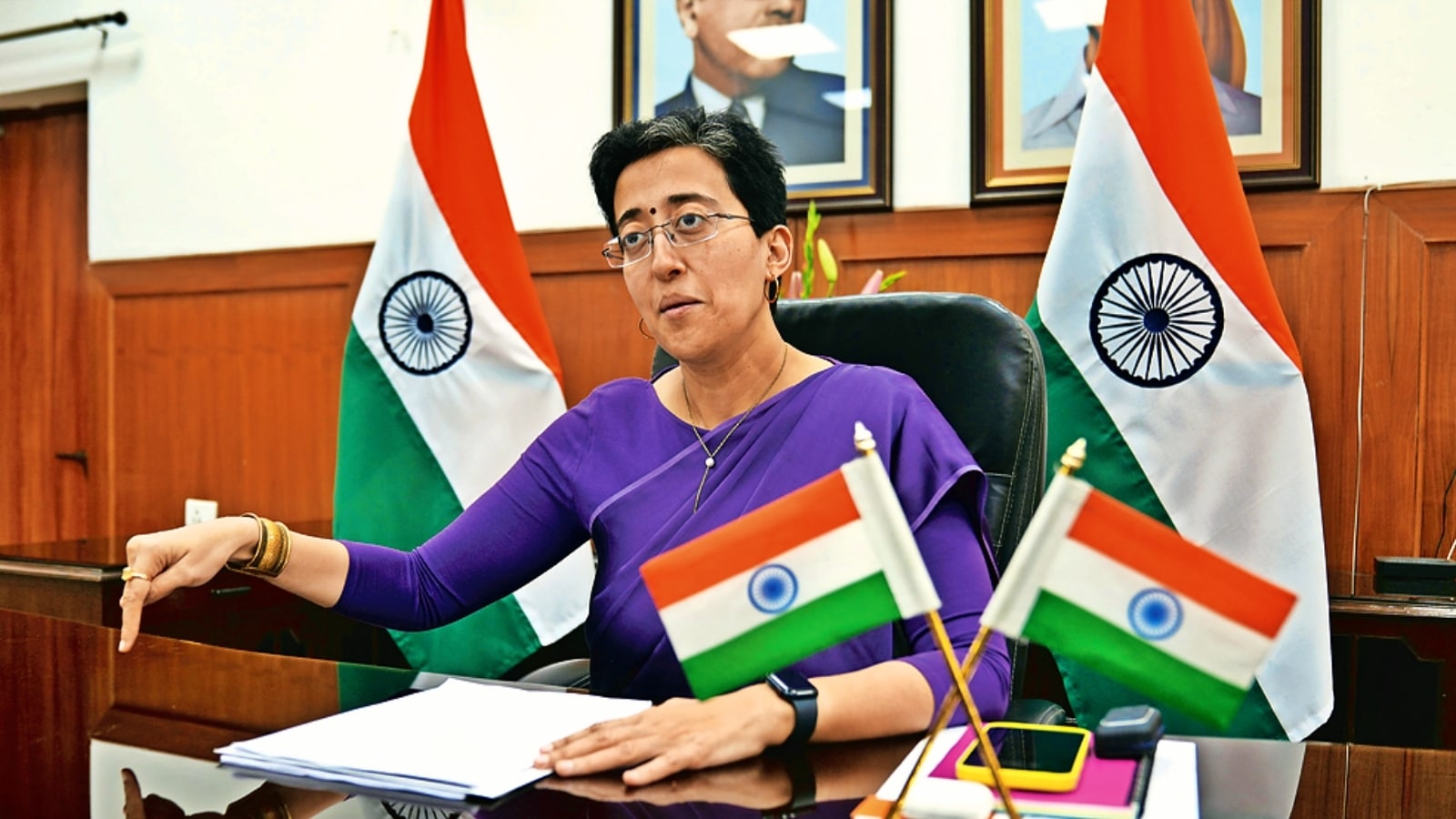 |
|
The political landscape of Delhi is currently embroiled in a heated controversy surrounding the Aam Aadmi Party (AAP) government's flagship welfare schemes. The conflict centers on two key initiatives: the Mukhyamantri Mahila Samman Yojana, which aims to provide financial assistance to women, and the Sanjeevani Yojana, designed to offer free medical treatment to senior citizens. These schemes have become focal points of contention between the ruling AAP and the opposition Bharatiya Janata Party (BJP), with accusations of political sabotage and bureaucratic interference flying freely. At the heart of the matter are two Delhi government officers, a joint director from the Department of Woman and Child Development and the special secretary of the Health and Family Welfare Department, who issued public notices declaring the registration processes for these schemes 'fraudulent'. This action is seen by the AAP as a deliberate attempt to undermine their initiatives ahead of upcoming elections.
Delhi Chief Minister Atishi responded swiftly and decisively to the officers' actions, publicly condemning the notices as false and vowing to take strict administrative action against the individuals involved. Atishi, along with AAP chief Arvind Kejriwal, held a press conference to address the issue, presenting evidence of cabinet approval for the schemes and highlighting the inconsistencies between the officers' claims and official documentation. They accused the BJP of pressuring these officers to issue the notices, suggesting a calculated effort to discredit the AAP's achievements and hamper their election campaign. The AAP maintains that the public response to their schemes has been overwhelmingly positive, generating significant enthusiasm among Delhi residents, and that the BJP's actions are motivated by fear of losing popular support.
Arvind Kejriwal's remarks during the press conference went beyond the immediate issue of the public notices, offering a broader critique of the BJP's conduct. He highlighted the BJP's perceived lack of a clear agenda and a strong chief ministerial candidate for the upcoming elections, contrasting this with the AAP's focus on showcasing its achievements over the past decade. Kejriwal alleged a pattern of deliberate obstruction by the BJP, leveraging the Lieutenant Governor and bureaucratic channels to impede the AAP's initiatives. He further accused the BJP of employing investigative agencies like the CBI and ED to intimidate AAP leaders and disrupt their campaign through politically motivated raids. This claim of political persecution adds another layer to the ongoing conflict, framing the dispute within a broader narrative of power struggles and alleged abuse of authority.
The core of the conflict lies in the differing interpretations of the schemes and the authority of the Delhi government. The notices issued by the Delhi government officers claimed that no such schemes existed, implying a lack of proper authorization or notification. However, the AAP produced documentation supporting their claims, emphasizing the Cabinet's approval of these initiatives. This discrepancy underscores the underlying tension between the elected government and the bureaucracy, particularly after recent amendments to the GNCTD Act shifted control of the services department to the Lieutenant Governor. This power dynamic has created a fertile ground for conflicts, where bureaucratic actions can be interpreted as political maneuvers aimed at undermining the elected government's agenda.
The accusation of fraudulent activity underscores the seriousness of the situation. The AAP insists that the notices not only misrepresent the reality of the schemes but also actively discourage citizens from participating. This undermines the very purpose of the schemes and has the potential to erode public trust in government initiatives. The AAP's response reflects their determination to protect their policies and maintain the momentum of their campaign. The BJP's alleged actions, if proven true, would represent a significant undermining of democratic processes and raise concerns about the fairness of the upcoming elections.
The controversy surrounding these schemes has broader implications for the political landscape of Delhi. It highlights the existing power struggle between the AAP and the BJP, revealing how bureaucratic processes can be weaponized for political gain. The allegations of political interference and intimidation underscore the stakes involved and raise concerns about the integrity of the electoral process. As the elections draw closer, this conflict promises to be a defining element of the campaign, shaping public perceptions and potentially influencing the outcome. The ongoing investigation and the public response will be crucial in determining the future course of events and the political ramifications of this controversy.
Source: Delhi CM Atishi says strict action will be taken against officers disowning govt schemes
